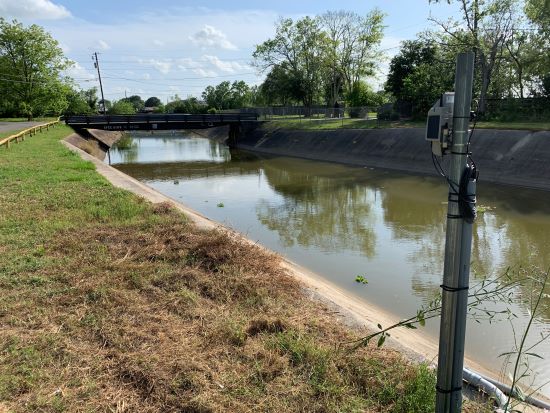Environment
-
Curtailing Unhealthy Impacts of Steel Production: DOE Earthshot Program

Steel is one of the world’s most useful and valuable materials, but its production is among the most carbon-intensive manufacturing processes. Steel accounts for roughly 7% of the world’s carbon dioxide emissions, part of a broader industrial sector that accounted for about 30% of the greenhouse gas emissions in the U.S. in 2021, according to the Environmental Protection Agency.
-
Pottery Becomes Water Treatment Device for Navajo Nation
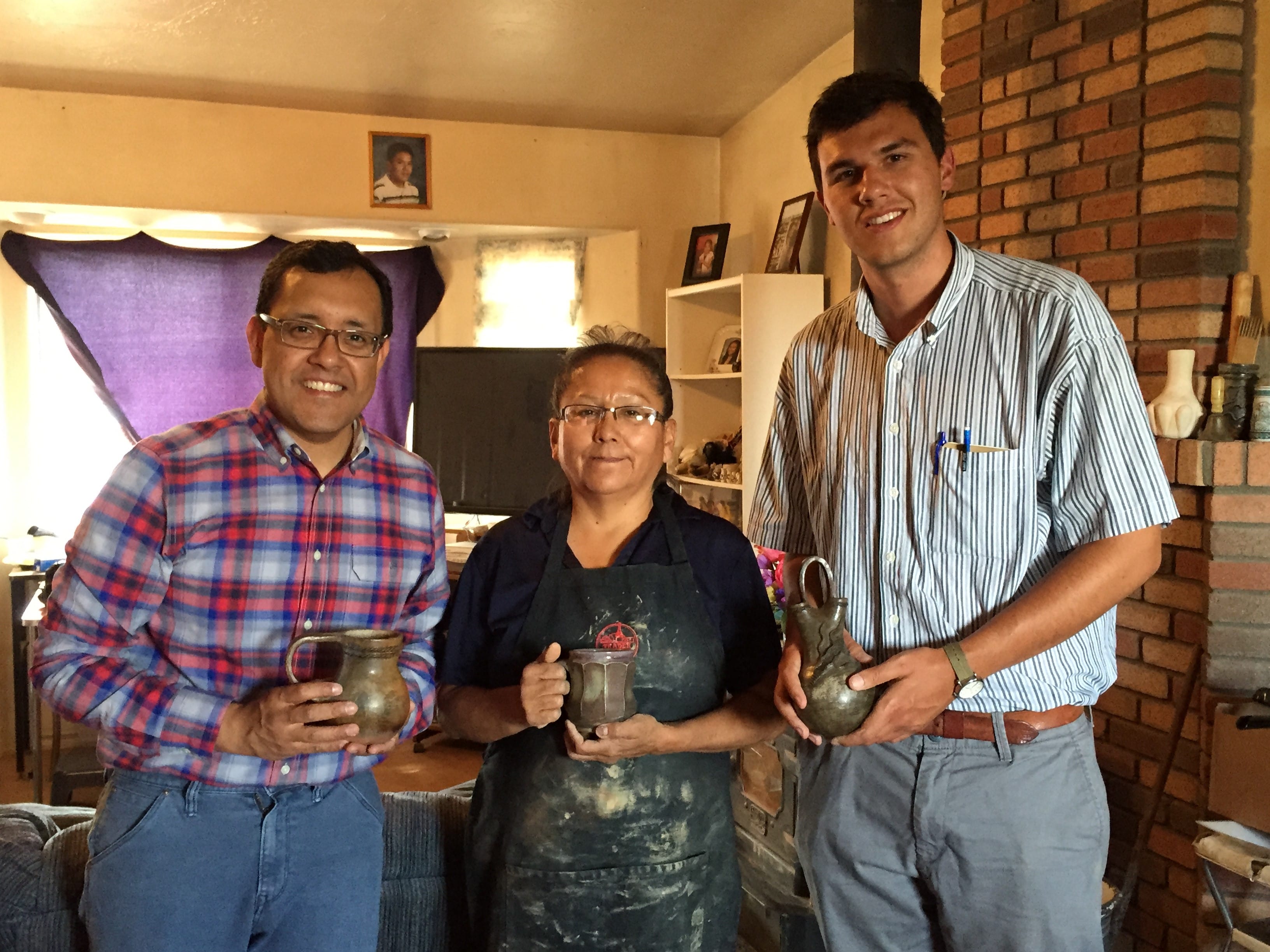
Large chunks of the Navajo Nation in the Southwest lack access to clean drinkable water, a trend that has been rising in many parts of the U.S. in recent years. A research team led by engineers with The University of Texas at Austin aims to change that.
-
Hot Summer Air Turns into Drinking Water With New Gel Device
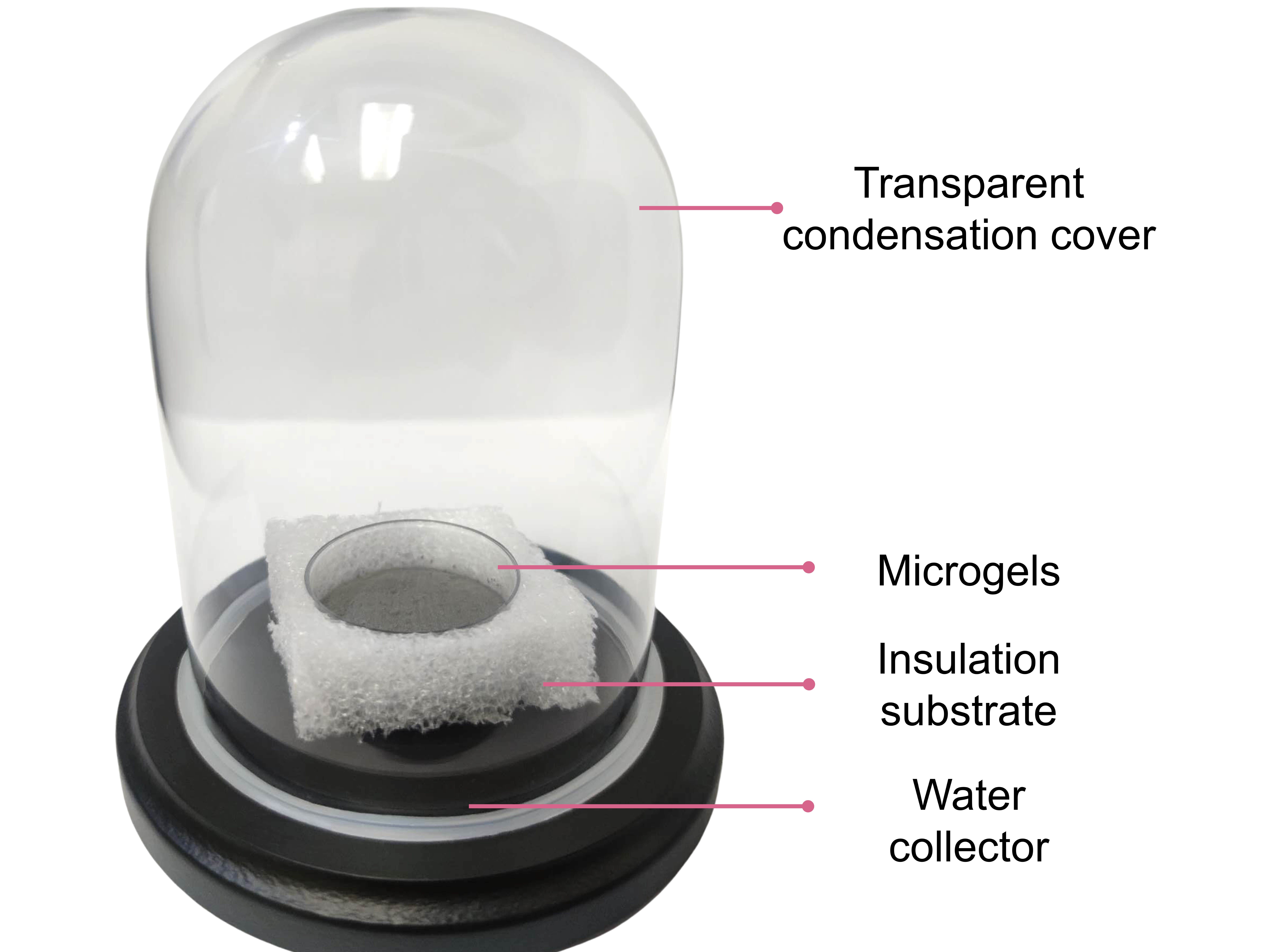
For significant portions of the globe faced with water shortage problems a beacon of hope may be on the way: the ability to easily turn hot air into drinking water.
-
Breakthrough Oil-Capturing Technology Offers 10x Improvement Cleaning Up Hazardous Spills
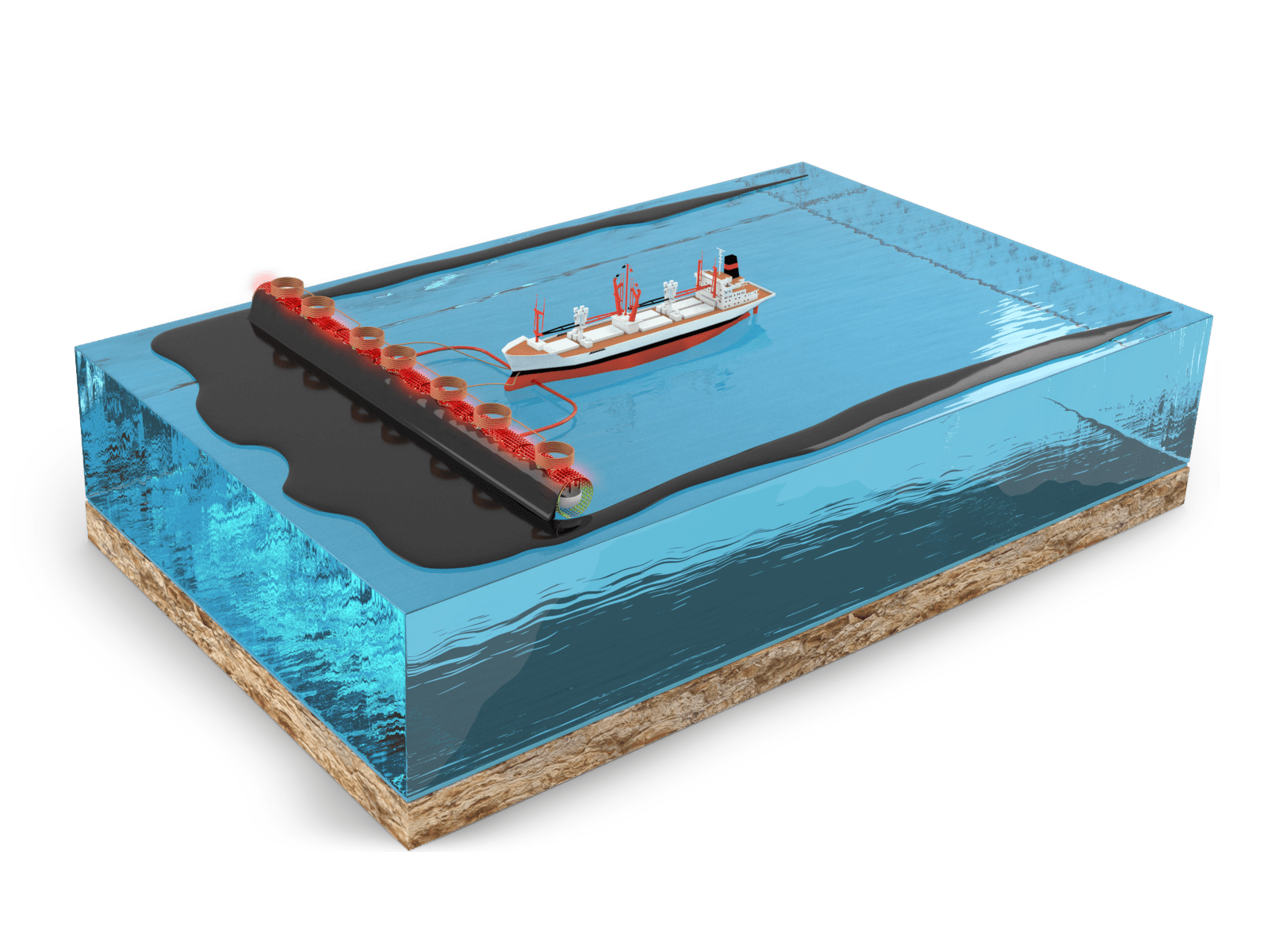
To combat the extreme environmental toll of major oil spills, researchers at The University of Texas at Austin have created a new technology that could significantly improve cleanup capabilities compared to today's methods.
-
Poor Air Quality Deforms Our Cells; What Does It Mean for Their Health?
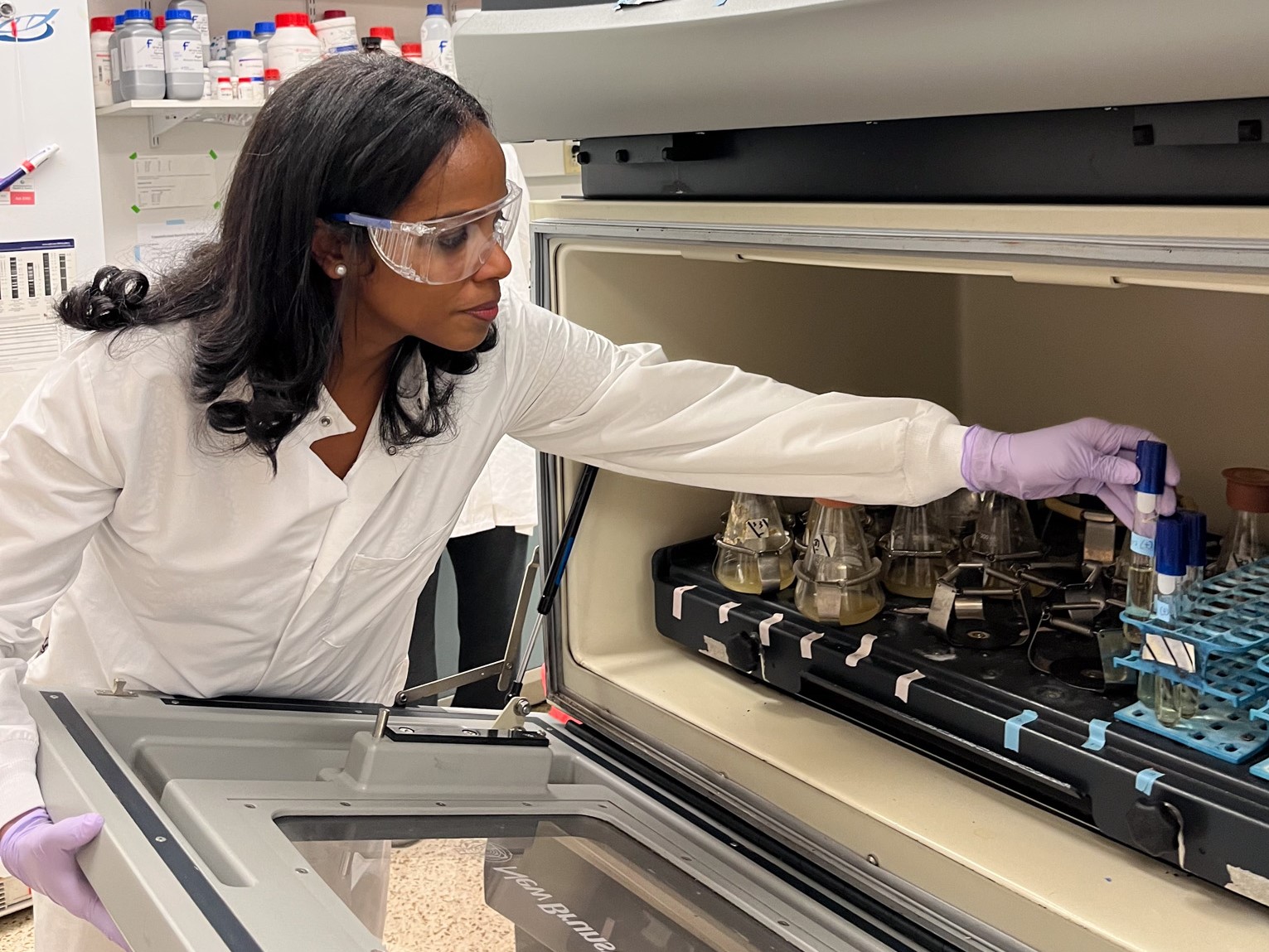
It's a well-known fact that air quality can impact our health. It's something that can be seen all the way down to the cellular level, as different pollutants in the air can influence biophysical cell characteristics.
Texas researchers are diving deep into this phenomenon, aiming to answer the question of how different types of respiratory cells handle the stress of toxic pollutants. More specifically, they're investigating cell shape, how it may serve as a distress signal of toxic air pollution and the impact of different mixtures of pollutants.
-
Water-Purifying Cup Makes Drinkable Water From Creeks and Streams
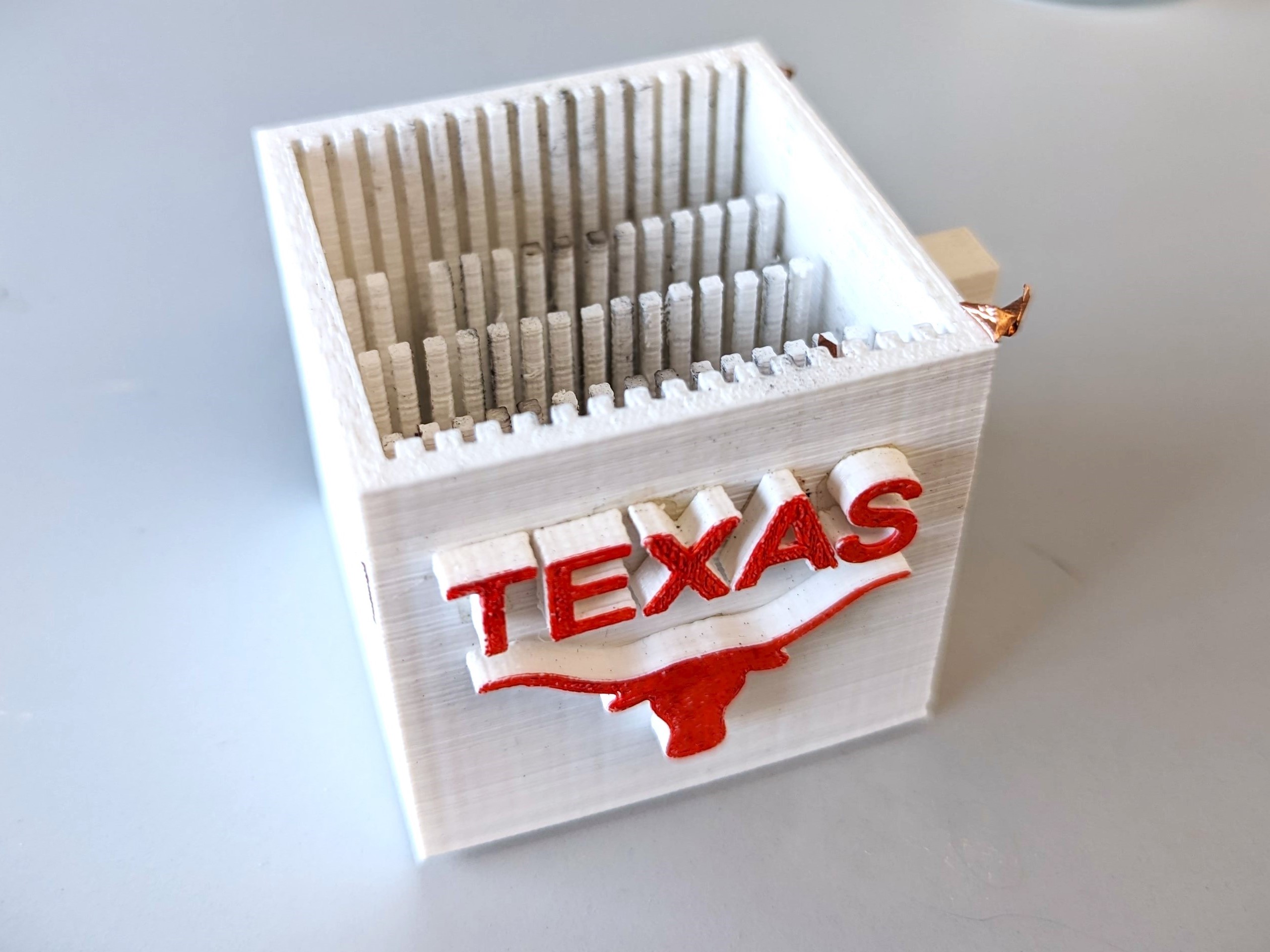
A rash of storms in Texas in recent years — from Hurricane Harvey in 2017 to the deep freeze in 2021 — has put big chunks of the population in danger and left millions without electricity or water for long periods.
These calamities also served as motivation for a researcher at The University of Texas at Austin to refocus her work on innovations that can help communities respond to severe weather events. Her latest project is a mug-sized device that can quickly clean water using a small jolt of electricity to fish out bacterial cells. In lab experiments, the device was able to remove 99.997% of E. coli bacteria from 2- to 3-ounce samples taken from Waller Creek in Austin in approximately 20 minutes, with the capacity to do more.
-
Smart Farming Platform Improves Crop Yields, Minimizes Pollution
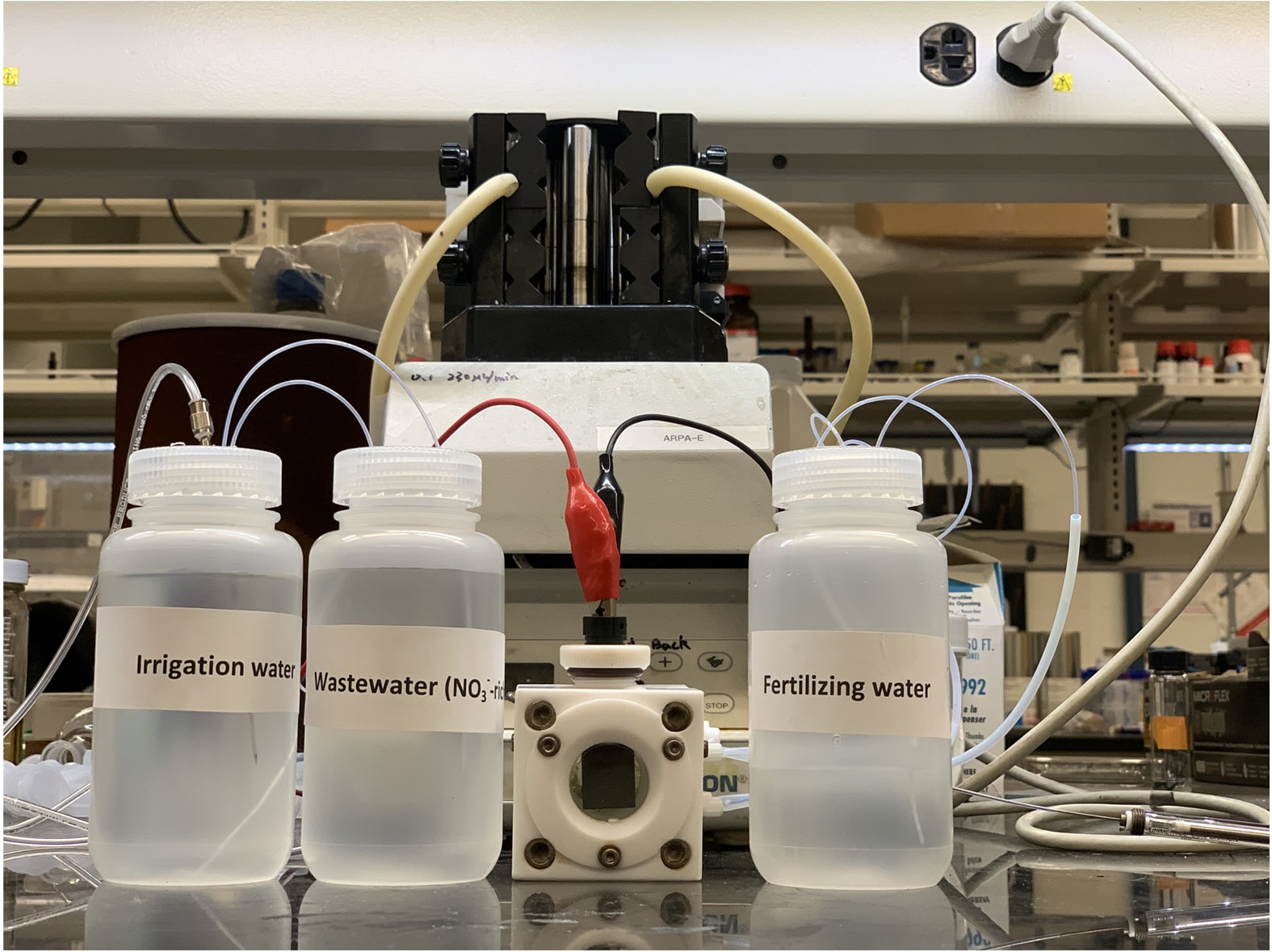
A new farming system developed by researchers at The University of Texas at Austin aims to solve one of the biggest problems in modern agriculture: the overuse of fertilizers to improve crop yields and the resulting chemical runoff that pollutes the world’s air and water.
-
Texas Engineer Recognized for Creating More Sustainable Fertilizer
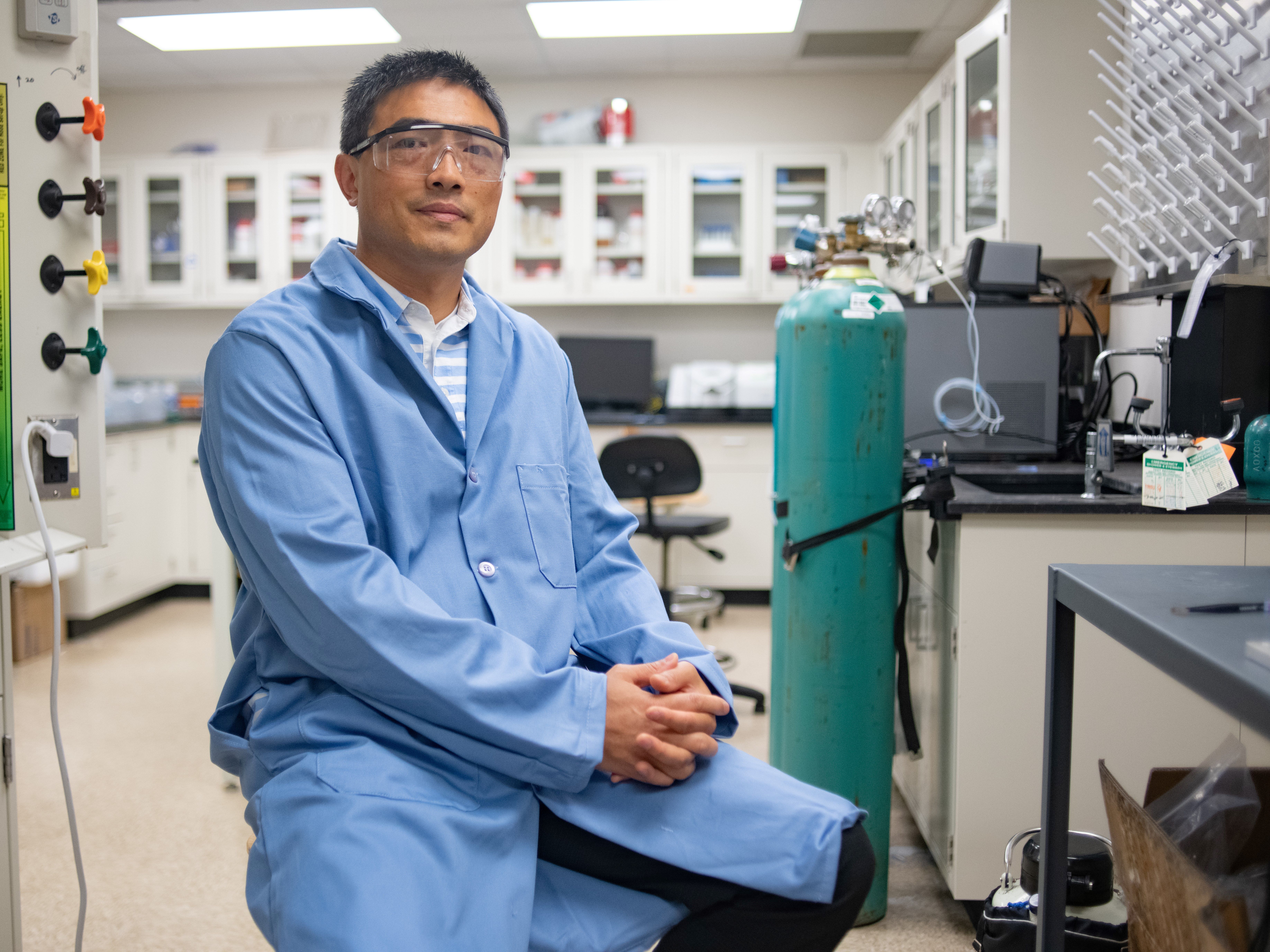
An international research team co-led by Texas Engineer Guihua Yu won the Royal Society of Chemistry’s (RSC) prestigious Materials Chemistry Horizon Prize, an award celebrating groundbreaking developments which push the boundaries of science.
-
Eliminating CO2 Emissions from Manufacturing the Goal of Major Research Alliance
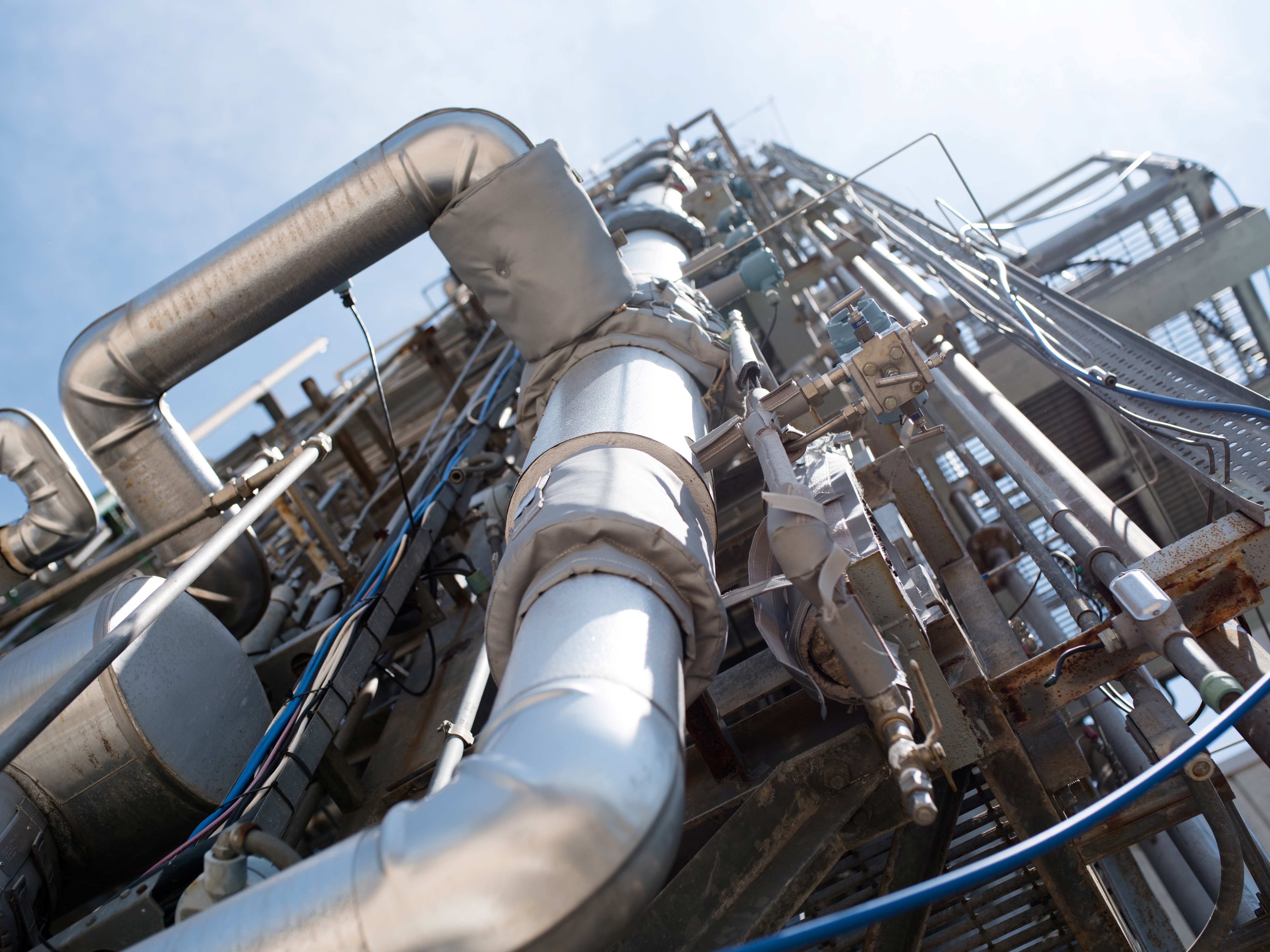
An alliance of nine universities, three national labs and 37 companies will tackle one of the biggest hurdles to decarbonizing manufacturing: carbon dioxide emissions from generating process heat.
Researchers at The University of Texas at Austin will play a significant role in the effort that aims to replace the energy source that powers most manufacturing processes, swapping out hydrocarbon fuels for clean electricity – generated through renewable sources such as solar and wind. Doing this could make a major impact, as manufacturing represents more than 30% of U.S. carbon dioxide emissions.
-
Researchers Eye New Ways to Prevent Agricultural Pests from Entering U.S.
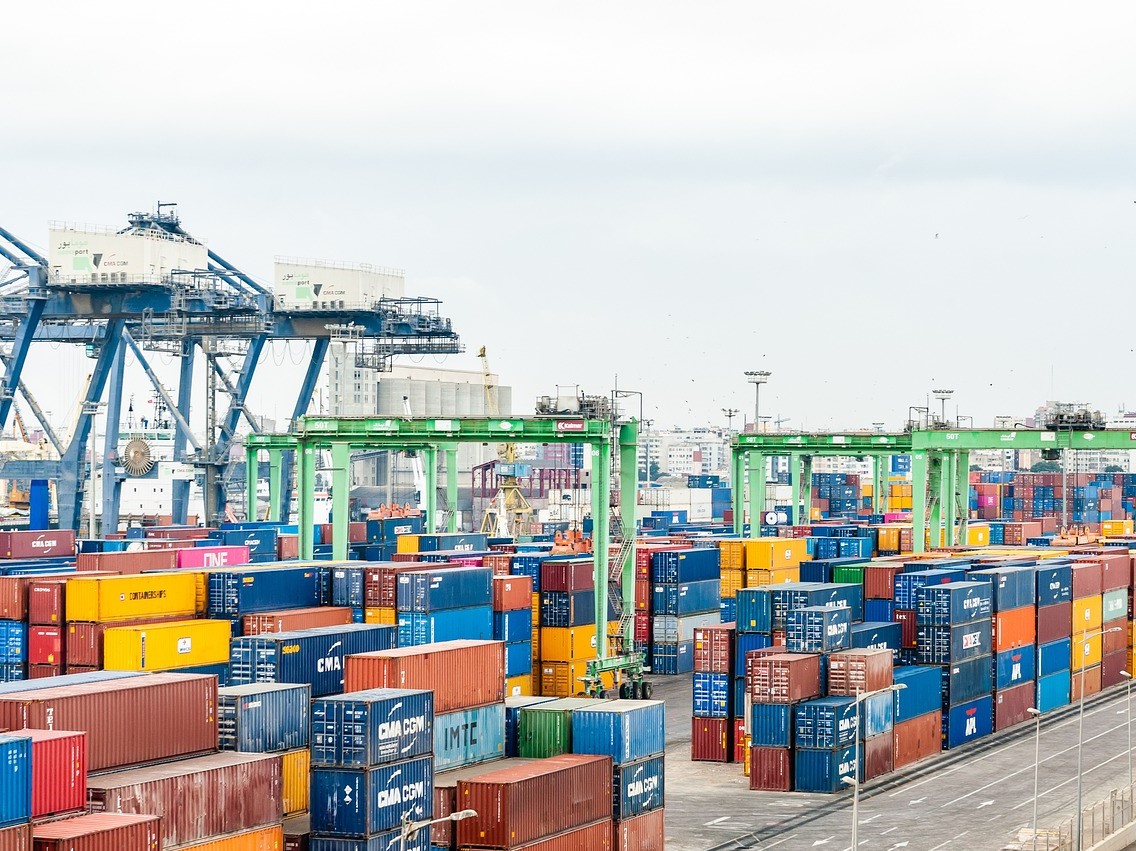
Anyone who's traveled internationally is familiar with this standard question upon returning: "Did you bring back any fruits or vegetables?" This has to do with a larger effort from the U.S. government to prevent agricultural pests from entering the country within cargo shipments or passenger baggage, potentially threatening the nation's crops.
-
New Data Lab to Tackle Oil & Gas Greenhouse Gas Emissions Accounting
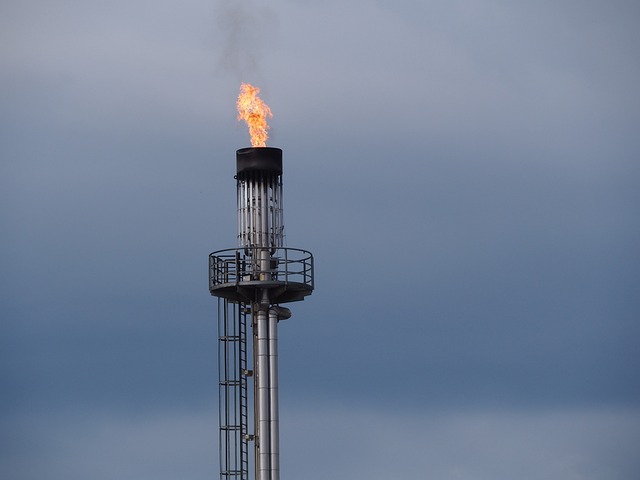
The University of Texas at Austin will be home to a new multidisciplinary research and education initiative based in its Cockrell School of Engineering – the Energy Emissions Modeling and Data Lab (EEMDL) – that will address the growing need for accurate, timely, and clear accounting of greenhouse gas emissions across global oil and natural gas supply chains. Data and analysis from this new endeavor will help both public and private institutions develop climate strategies and actions informed by accurate, verified data, identifying opportunities for emissions reductions.
-
Space Environmentalist Awarded ‘Genius Grant’ by MacArthur Foundation
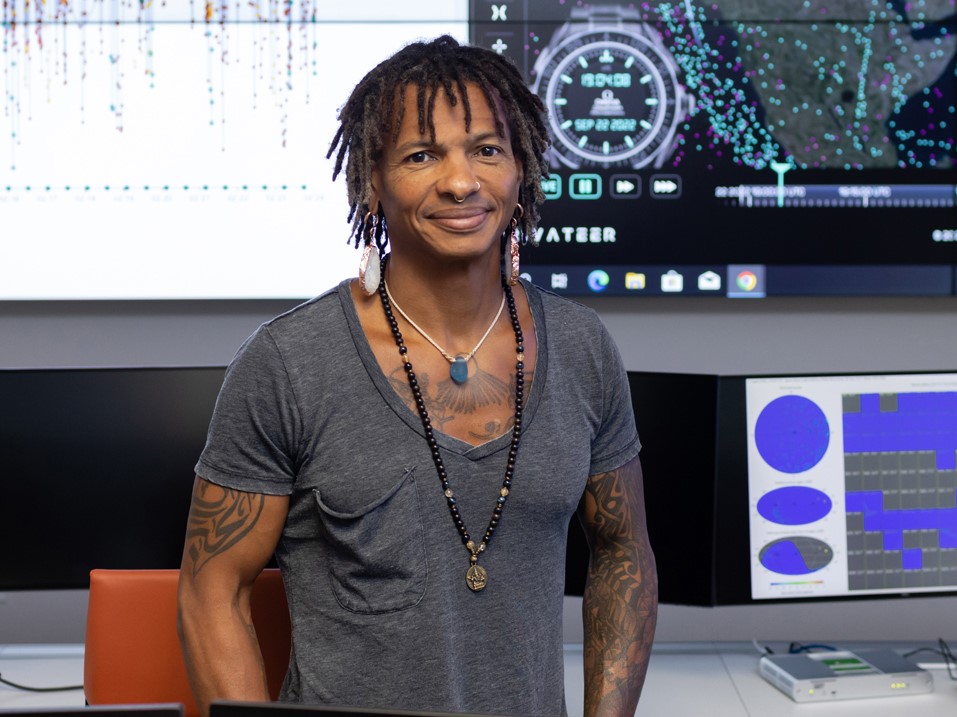
Moriba Jah, an astrodynamicist, space environmentalist and aerospace engineer at The University of Texas at Austin, has been awarded a MacArthur Fellowship, often referred to as the “genius grant.” The award recognizes Jah’s work to track and monitor the more than 30,000 human-made objects orbiting the earth.
-
Texas Universities Partner to Study Combined Impact of Flooding and Air Pollution in Beaumont-Port Arthur
Four Texas universities, led by The University of Texas at Austin, have been awarded a grant to establish a new research center to study the risks and impacts of flooding and air pollution in a fast-growing part of Southeast Texas. The scientists will focus on the interactions between these two key issues, as well as their potential acceleration under various climate scenarios.
-
UT-led Research Center Aims to Find Better Ways to Clean Water
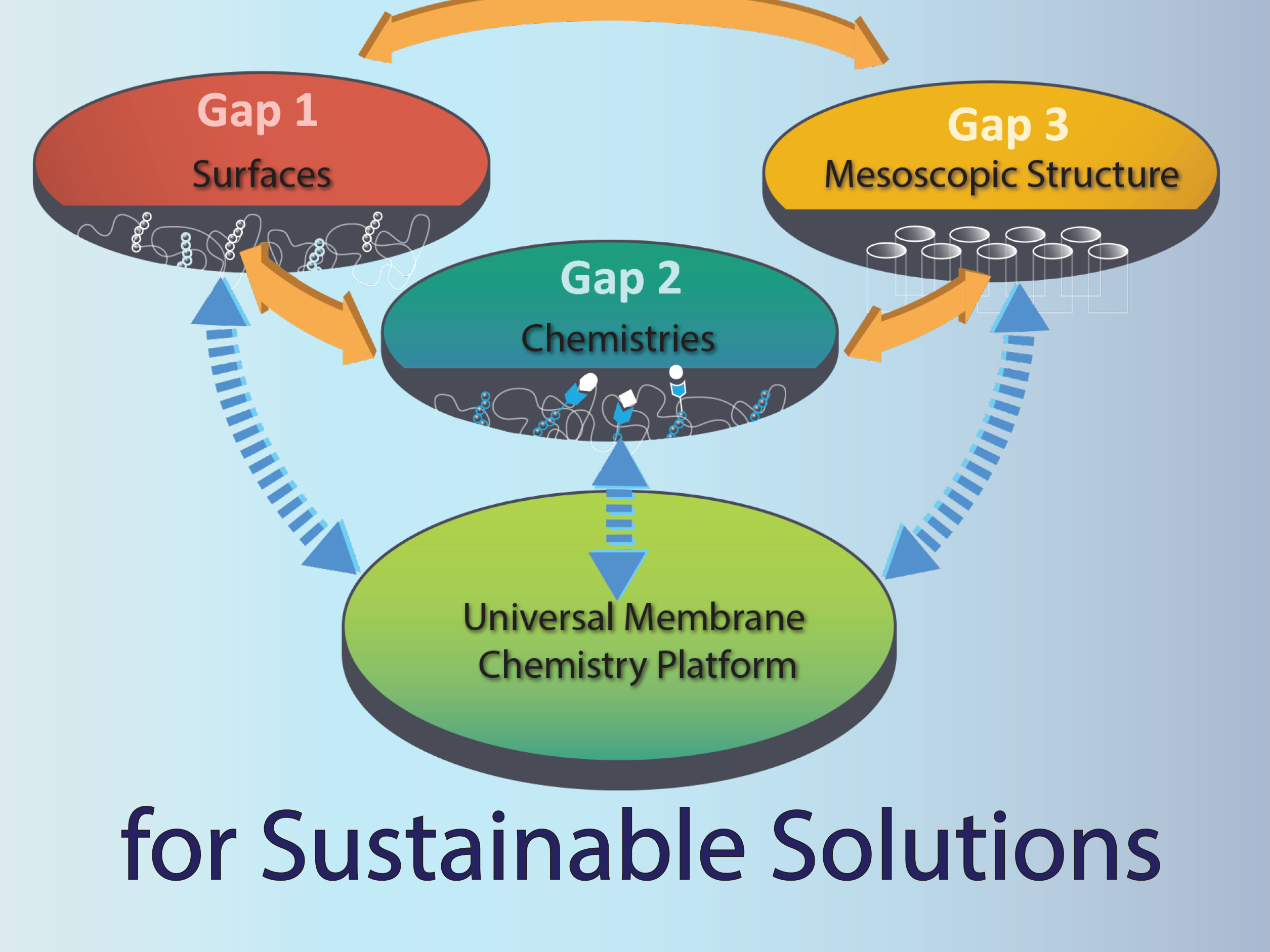
The Center for Materials for Water and Energy Systems (M-WET) has been studying novel membrane-based approaches — and new materials — to change how we purify water for four years, and that work will continue after the U.S. Department of Energy (DOE) renewed funding for the initiative. M-WET will receive an additional $12 million over another four years, through DOE’s Energy Frontier Research Center Program.
-
Rock Star: Texas Engineer Examines Complex Underground Natural Resources
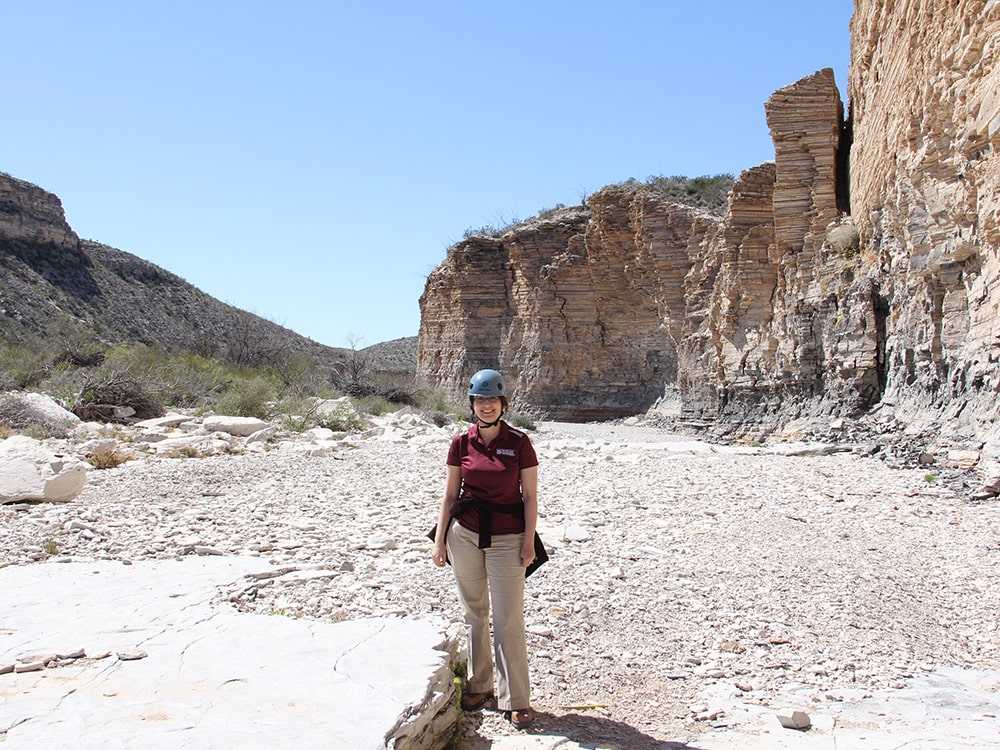
What do you get when you cross a geologist and a mathematician? A rock physicist of course. No that's not some kind of cheesy joke that flew over your head; it's the background of Zoya Heidari. She grew up hiking with her family, and her geologist dad had a habit of picking up random rocks off the trail and listing off everything he knew about them, which was a lot.
-
New Course to Examine Methane Emissions in Natural Gas
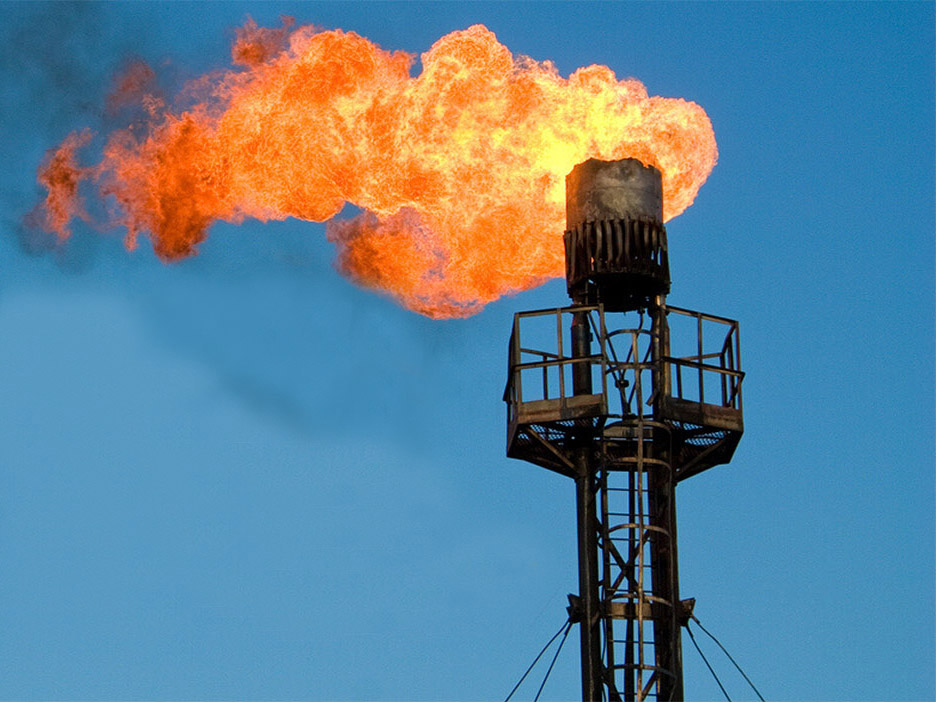
A new, two-part class through Texas Engineering Executive Education (TxEEE), the professional development division of the Cockrell School of Engineering at The University of Texas at Austin, aims to give the energy industry greater understanding of how to utilize, manage and understand one of the world’s most important fuels while reducing the release of a potent greenhouse gas.
-
Low-Cost Gel Film Can Pluck Drinking Water From Desert Air
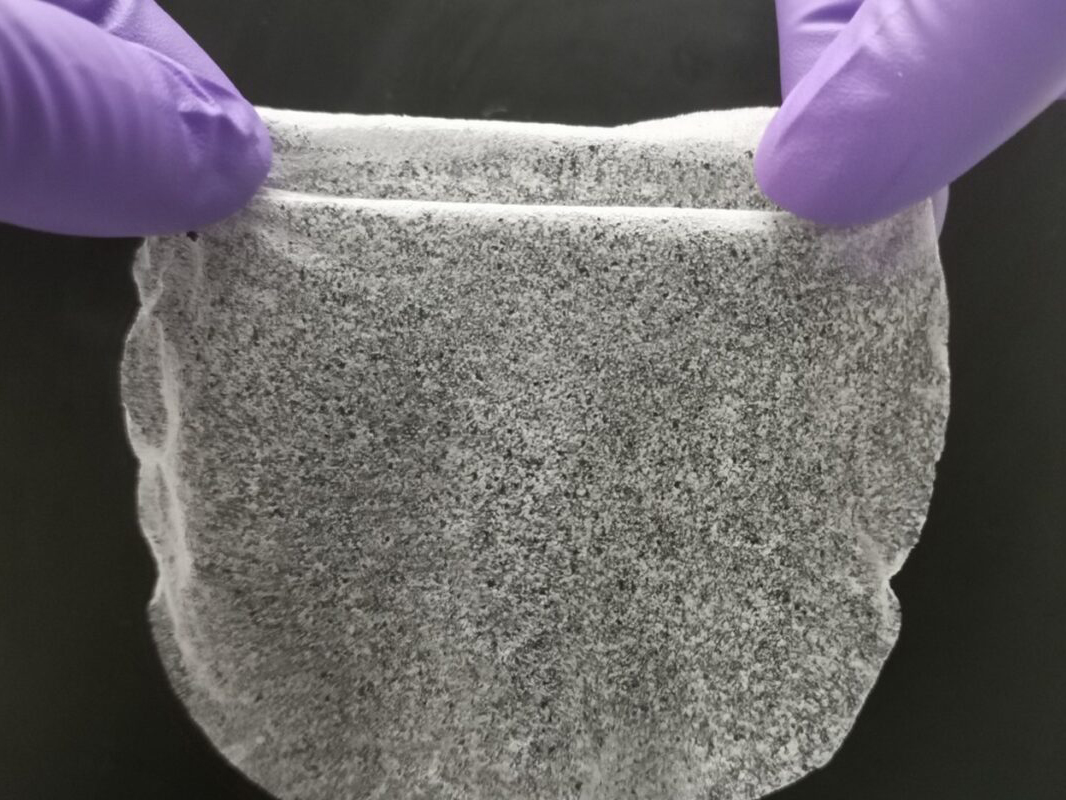
More than a third of the world’s population lives in drylands, areas that experience significant water shortages. Scientists and engineers at The University of Texas at Austin have developed a solution that could help people in these areas access clean drinking water.
-
Plastic-eating Enzyme Could Eliminate Billions of Tons of Landfill Waste
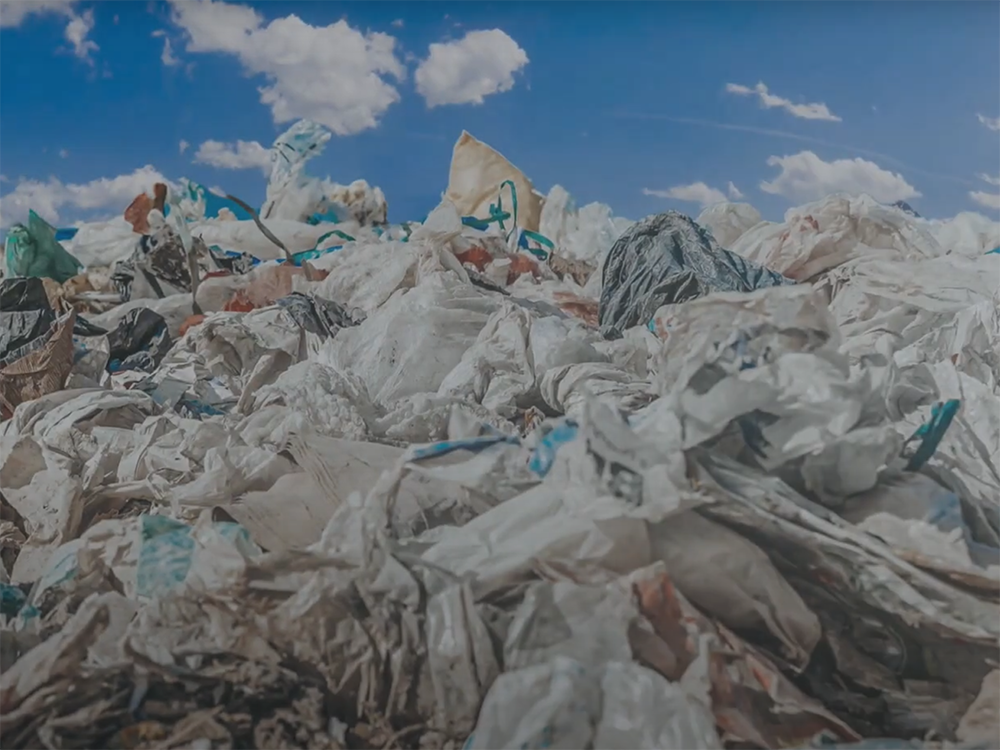
An enzyme variant created by engineers and scientists at The University of Texas at Austin can break down environment-throttling plastics that typically take centuries to degrade in just a matter of hours to days. This discovery, published today in Nature, could help solve one of the world’s most pressing environmental problems: what to do with the billions of tons of plastic waste piling up in landfills and polluting our natural lands and water. The enzyme has the potential to supercharge recycling on a large scale that would allow major industries to reduce their environmental impact by recovering and reusing plastics at the molecular level.
-
UT Austin Selected for EcoCAR EV Challenge to Make Next-Gen Vehicle
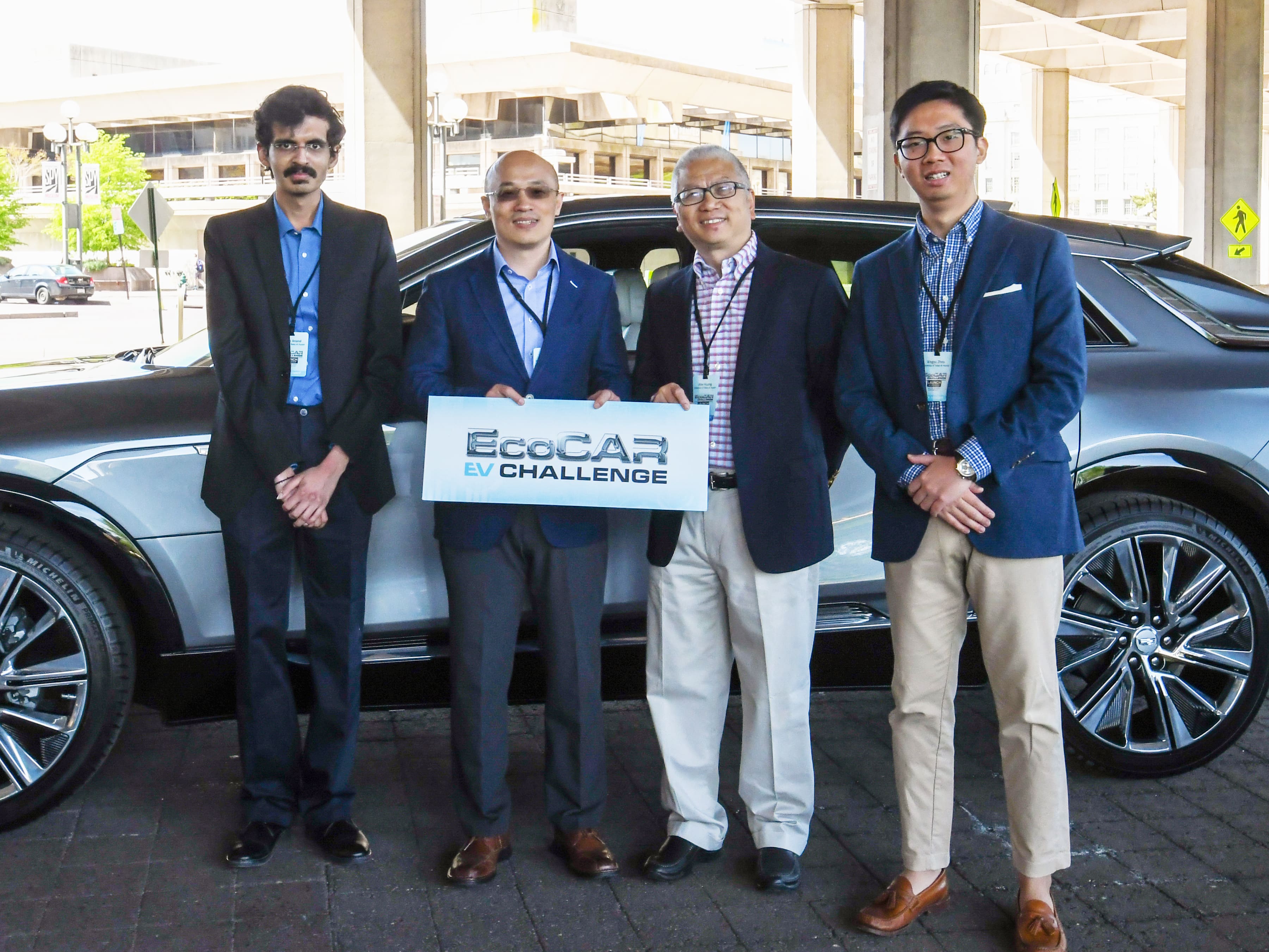
The University of Texas at Austin is one of 13 university teams in North America set to participate in the EcoCAR EV Challenge, a prestigious collegiate competition to re-engineer state-of-the-art vehicles and prepare students for the future. The four-year challenge is sponsored by the U.S. Department of Energy, General Motors and MathWorks, and it is administered by Argonne National Laboratory.
-
Report: Texas Can Get to Net-Zero by 2050 and Simultaneously Bolster the Economy
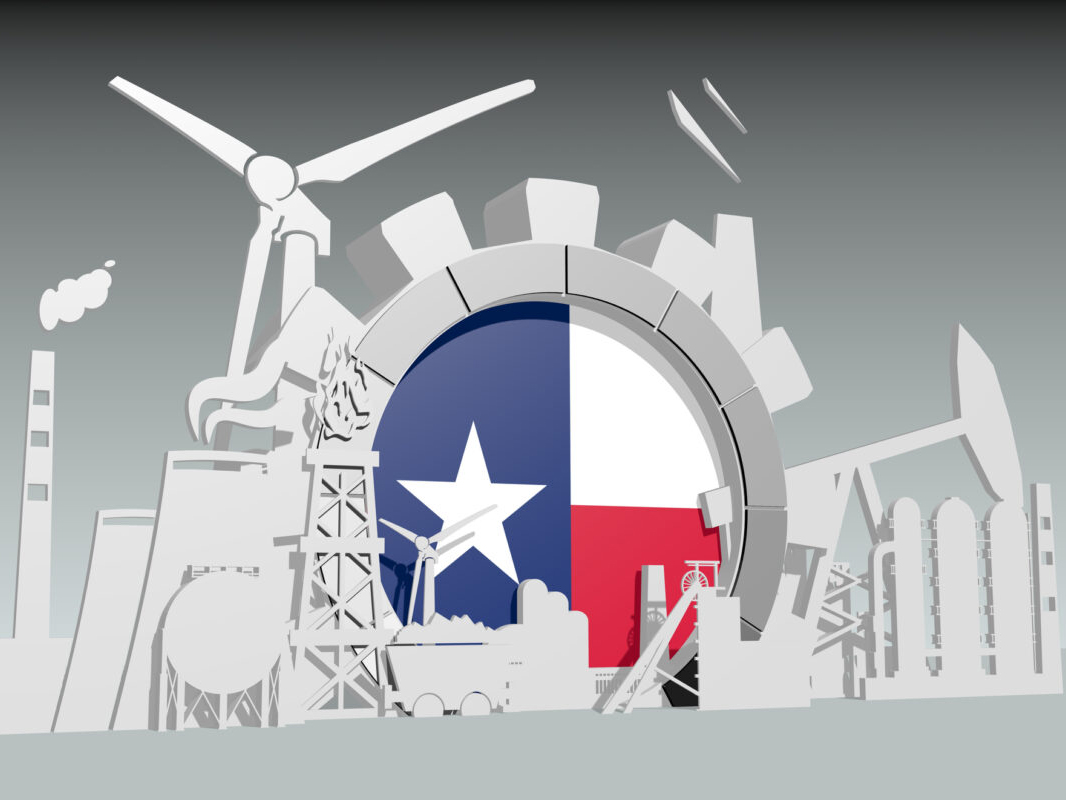
Texas could eliminate its carbon pollution in fewer than 30 years, and decarbonizing would actually strengthen the state’s economy, according to new research from energy scientists at The University of Texas at Austin. The report warns that global markets are already casting a wary eye on goods and services that rely on fossil fuels. Those shifting consumer preferences could mean trouble for Texas, which built an economy larger than those of most countries on the strength of its oil and natural gas industries. Texas risks losing its economic footing unless it embraces new approaches to energy production, the report says.

